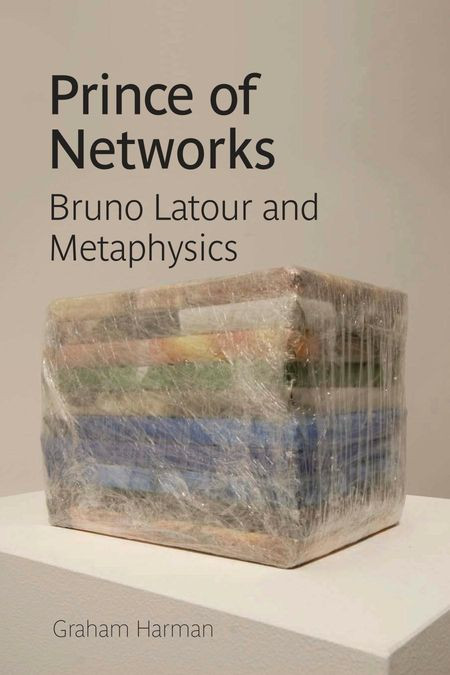

Most ebook files are in PDF format, so you can easily read them using various software such as Foxit Reader or directly on the Google Chrome browser.
Some ebook files are released by publishers in other formats such as .awz, .mobi, .epub, .fb2, etc. You may need to install specific software to read these formats on mobile/PC, such as Calibre.
Please read the tutorial at this link: https://ebookbell.com/faq
We offer FREE conversion to the popular formats you request; however, this may take some time. Therefore, right after payment, please email us, and we will try to provide the service as quickly as possible.
For some exceptional file formats or broken links (if any), please refrain from opening any disputes. Instead, email us first, and we will try to assist within a maximum of 6 hours.
EbookBell Team

4.8
24 reviewsPrince of Networks is the first treatment of Bruno Latour specifically as a philosopher. It has been eagerly awaited by readers of both Latour and Harman since their public discussion at the London School of Economics in February 2008.
Part One covers four key works that display Latour’s underrated contributions to metaphysics: Irreductions, Science in Action, We Have Never Been Modern, and Pandora’s Hope. Harman contends that Latour is one of the central figures of contemporary philosophy, with a highly original ontology centered in four key concepts: actants, irreduction, translation, and alliance.
In Part Two, Harman summarizes Latour’s most important philosophical insights, including his status as the first “secular occasionalist.” The problem of translation between entities is no longer solved by the fiat of God (Malebranche) or habit (Hume), but by local mediators. Working from his own “object-oriented” perspective, Harman also criticizes the Latourian focus on the relational character of actors at the expense of their cryptic autonomous reality.
This book forms a remarkable interface between Latour’s Actor-Network Theory and the Speculative Realism of Harman and his confederates. It will be of interest to anyone concerned with the emergence of new trends in the humanities following the long postmodernist interval.